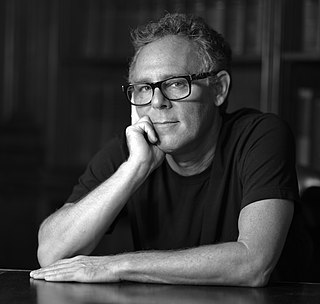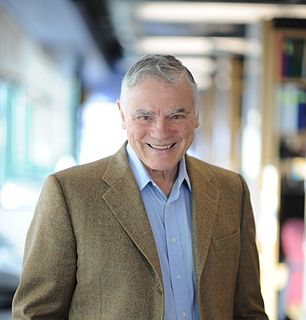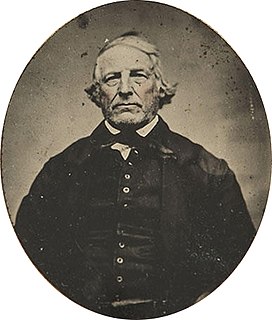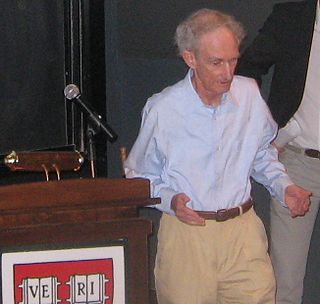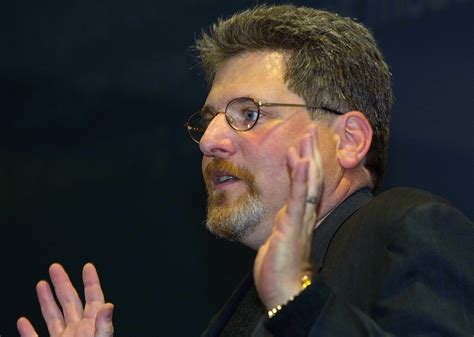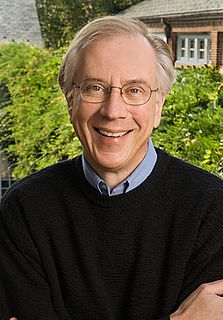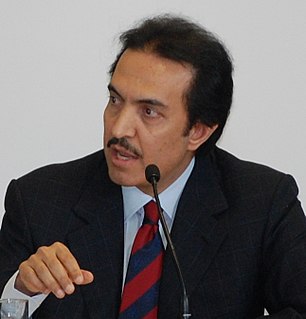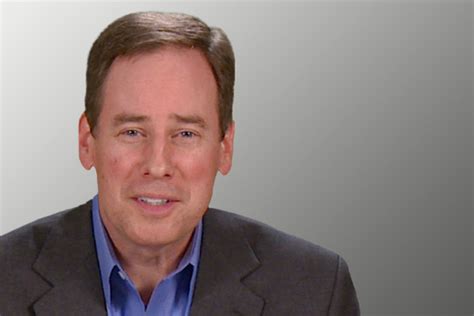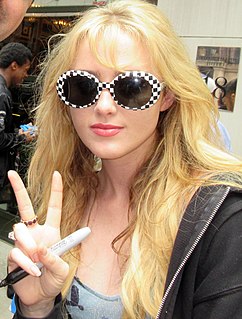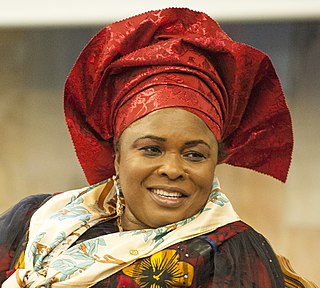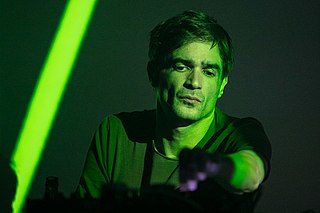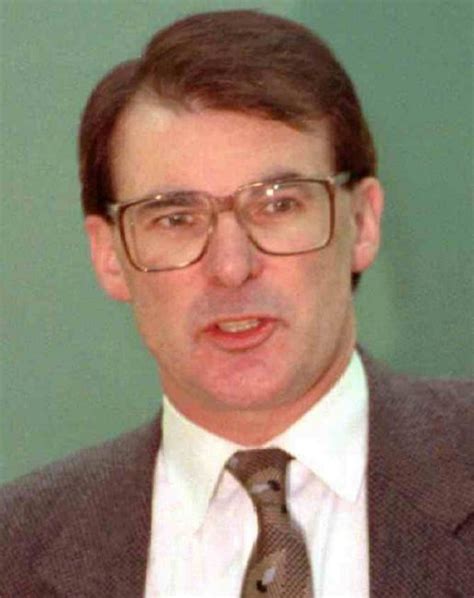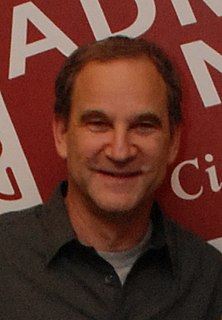Top 1200 Genome Project Quotes & Sayings
Explore popular Genome Project quotes.
Last updated on April 14, 2025.
The ever quickening advances of science made possible by the success of the Human Genome Project will also soon let us see the essences of mental disease. Only after we understand them at the genetic level can we rationally seek out appropriate therapies for such illnesses as schizophrenia and bipolar disease.
A lot of people think PMI is the genome project 2.0. No. This is about all the influences on disease - genetics is in there, but the environment is in there as well, health choices, behaviors, all the factors that are important, otherwise we're not doing what we promised we would do - which is in a holistic way look at how people stay healthy or how do they fall ill.
For me, everything is still possible and I am as determined as ever. I believe first that the project of a people does not die. It is the project of freedom for a people, it is a project of sovereignty. And since the nation exists, it has the right to its own state. I will work to advance it in that direction.
There's always a question when you invest. Are you too early, are you too late, or are you just right? And there was a lot of hype about life sciences, around the sequencing of the human genome and a lot of people concluded that's not really there. But by the way, there was a lot of hype around the digital revolution just about the time of 2000 and the human genome, and it turns out that some of the world's biggest, most powerful companies are the survivors post that crash.
Projects are usually undertaken to either solve a problem or take advantage of an opportunity. The probability that the project - even if precisely executed - will complete on time, on budget, and on performance is typically small. Project management is utilized to increase this probability. So in a sense, project management is risk management.
But in the years since the neoliberal project really has been stripped down to what was always its essence: not an economic project at all, but a political project, designed to devastate the imagination, and willing - with it's cumbersome securitization and insane military projects - to destroy the capitalist order itself if that's what it took to make it seem inevitable.
We will have to make a decision, as we go into new environments outside of earth, whether we want to drag along with us all our pathogens. We can, or we can't - it's up to us - but I consider that part of genome engineering is how we interact with the huge part of our genome which is our microbiome.
The question is, are there useful things that we can do with the results of a genome sequence that would bring benefit? And the answer is, today, should the majority of people go and have their genome sequenced? Probably not. But are there particular circumstances in which genome sequencing is really helpful? Yes, there are.
Every cell in our body, whether it's a bacterial cell or a human cell, has a genome. You can extract that genome - it's kind of like a linear tape - and you can read it by a variety of methods. Similarly, like a string of letters that you can read, you can also change it. You can write, you can edit it, and then you can put it back in the cell.
In all probability the Human Genome Project will, someday, find that I carry some recessive gene for optimism, because despite all my best efforts I still can't scrape together even a couple days of hopelessness. Future scientists will call it the Pollyanna Syndrome, and if forced to guess, I'd say that mine has been a way-long case history of chasing rainbows.
When Maryam Babangida and Mariam Abacha built the Women Centre and the National Hospital they did not carry the buildings when they left government. I will not go with the peace mission building. Women should resist being used to kick against the project. If the project was for men the budget for the project would have long been passed.
Recently, results of the Human Genome Project have shattered one of Science's fundamental core beliefs, the concept of genetic determinism. We have been led to believe that our genes determine the character of our lives, yet new research surprisingly reveals that it is the character of our lives that controls our genes. Rather than being victims of our heredity, we are actually masters of our genome.
As was predicted at the beginning of the Human Genome Project, getting the sequence will be the easy part as only technical issues are involved. The hard part will be finding out what it means, because this poses intellectual problems of how to understand the participation of the genes in the functions of living cells.
I try to just be open to what the next experience is and how it makes me feel, just reading a project, or trying to get involved with a project, or thinking about a project, and what particular emotional flavor that brings. To me, it's never really about planning the next thing, or the career arc. It's about investigating how I feel, from project to project, and finding things that I haven't explored and what that would be like.
As a Christian, but also as a scientist responsible for overseeing the Human Genome Project, one of my concerns has been the limits on applications of our understanding of the genome. Should there be limits? I think there should. I think the public has expressed their concern about ways this information might be misused.
I would say the producer is the person who is there from the beginning to the end of the project. Either the person who creates, generates, or discovers the project, the person who performs many of the functions that are necessary to getting that project to the point where it is financed and then where it is in production, finished, marketed and released.




